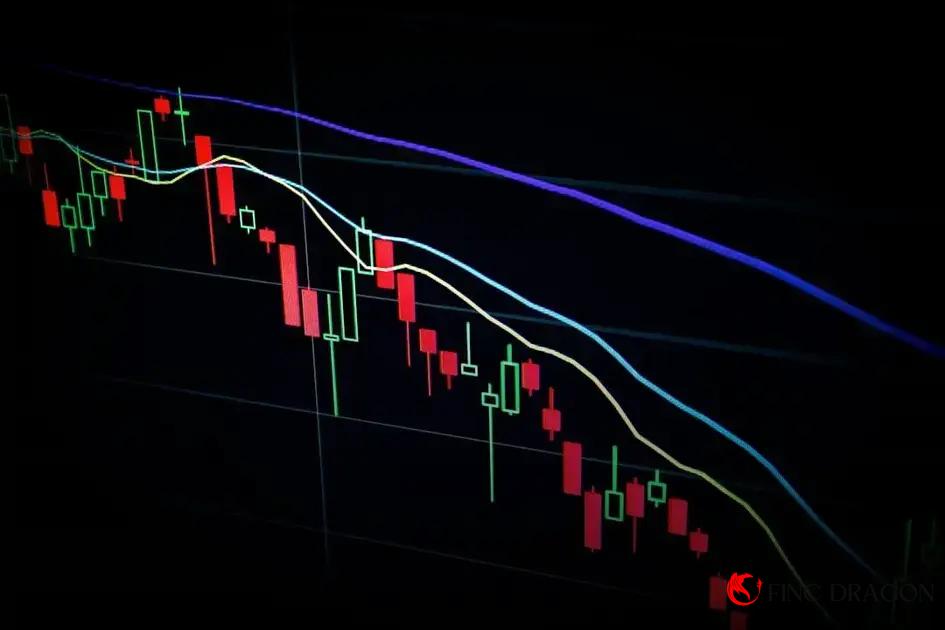The impact of hedge funds on the market is significant and multifaceted. For years, hedge funds have played a pivotal role in shaping market dynamics, affecting both individual investors and large financial institutions. By understanding how hedge funds operate, we can better grasp their influence on economic stability and investment patterns. Explore the depths of their impact with insights into market fluctuations and strategic investments.
Understanding Hedge Funds
Hedge funds are a type of investment fund that use aggressive strategies to maximize returns for their investors. These funds can invest across diverse asset classes, such as equities, bonds, currencies, and commodities. Hedge funds are distinct from mutual funds mainly due to their flexible investment strategies and their ability to use leverage and short-selling.
One of the critical features of hedge funds is their structure, which typically involves a partnership between the fund manager and the investors. The manager plays a crucial role in decision-making and employs various investment techniques to achieve the fund’s objectives.
Investment Strategies
Hedge funds employ a myriad of strategies, including long/short equity, market neutral, merger arbitrage, and event-driven strategies. The goal is to deliver absolute returns, regardless of market conditions. By doing so, these funds claim to provide diversified sources of return for sophisticated investors.
It’s important to recognize that hedge funds are generally less regulated compared to other investment vehicles. This lack of regulation allows hedge fund managers to adapt swiftly to changes in the financial landscape. However, it also means that these investments are typically available only to accredited investors who can bear the potential risks.
Risk and Return Dynamics
The risk associated with hedge funds varies widely, depending on the strategy used. Some funds pursue high-risk, high-reward opportunities, while others aim for steady, low-risk returns. Understanding the risk-return dynamics of a particular hedge fund strategy is essential for potential investors.
In conclusion, hedge funds contribute to the diversification of the financial market and provide opportunities for sophisticated investors to thrive. However, their complexity and potential risks require careful consideration and thorough analysis before investing.
Market Dynamics and Hedge Funds

Hedge funds operate in a complex ecosystem influenced by market dynamics. These dynamics are shaped by factors such as supply and demand, interest rates, and overall economic conditions. Hedge funds use a variety of strategies to capitalize on these fluctuating conditions, including long-short trading, arbitrage, and event-driven strategies.
When hedge funds make large trades, they can impact stock prices, leading to temporary volatility. This market impact can create opportunities for other investors. Hedge funds often analyze market patterns and trends, employing sophisticated algorithms to make quick decisions. This level of activity contributes to liquidity, but can also exacerbate volatility during economic uncertainty.
Additionally, hedge funds interact with other market participants, including mutual funds, individual investors, and institutions. Their presence can sometimes lead to the amplification of systemic risks when many funds follow similar strategies. Regulatory bodies often study these impacts to maintain market stability while balancing innovation.
Despite these challenges, hedge funds continue to adapt to changing market dynamics by diversifying their portfolios and employing risk management techniques. They closely monitor economic indicators such as GDP growth, inflation rates, and monetary policy decisions to anticipate market shifts and adjust their strategies accordingly.
Economic Implications of Hedge Fund Activity
Hedge funds can have several economic implications on the market. Their unique strategies influence both asset prices and volatility. By engaging in practices like short selling and leveraging, hedge funds often increase market liquidity. However, this liquidity can lead to sudden shifts in asset prices, which might impact investor confidence.
Another dimension to consider is how hedge funds affect price discovery. Their sophisticated analysis and rapid trading frequently help correct mispriced securities, ultimately leading to more efficient markets. Yet, this same speed and scale of trading can sometimes spur excessive market volatility, particularly during periods of economic uncertainty.
Additionally, hedge funds can alter the dynamics of corporate governance. They become instrumental in driving changes by advocating for strategic shifts in companies they’ve invested in, both benefitting and disrupting traditional managerial roles. This influence, while pushing for efficiency, sometimes conflicts with longer-term business goals, posing challenges for sustainable economic growth.
Finally, macro-economic implications are worth noting. The cumulative actions of hedge funds can have a ripple effect on economic metrics like interest rates and currency values. For policymakers, understanding these ramifications is critical as they strive to craft regulations that balance market fluidity with stability.
Future Trends in Hedge Fund Investments

Hedge funds play a dynamic role in the evolving landscape of financial markets. Understanding emerging trends in their investment strategies is crucial for stakeholders. One significant trend is the increasing incorporation of technology. Hedge funds are relying more on artificial intelligence and machine learning to analyze market data and predict outcomes, allowing for more precise trading decisions.
Another critical trend is the shift towards sustainable investing. Many hedge funds are now integrating Environmental, Social, and Governance (ESG) criteria into their investment models, acknowledging the long-term benefits of sustainability.
Global diversification is also on the rise. Funds are increasingly looking beyond U.S. markets, exploring opportunities in emerging economies with potential for higher returns. Cryptocurrencies have also entered the arena, stirring interest amid their volatility and potential for significant profits.
Moreover, regulatory changes impact investment strategies. As governments refine financial regulations, hedge funds must adapt to comply, while still seeking competitive advantages within legal frameworks.
These trends reflect the adaptability and innovation inherent in hedge funds as they navigate complex market environments.





